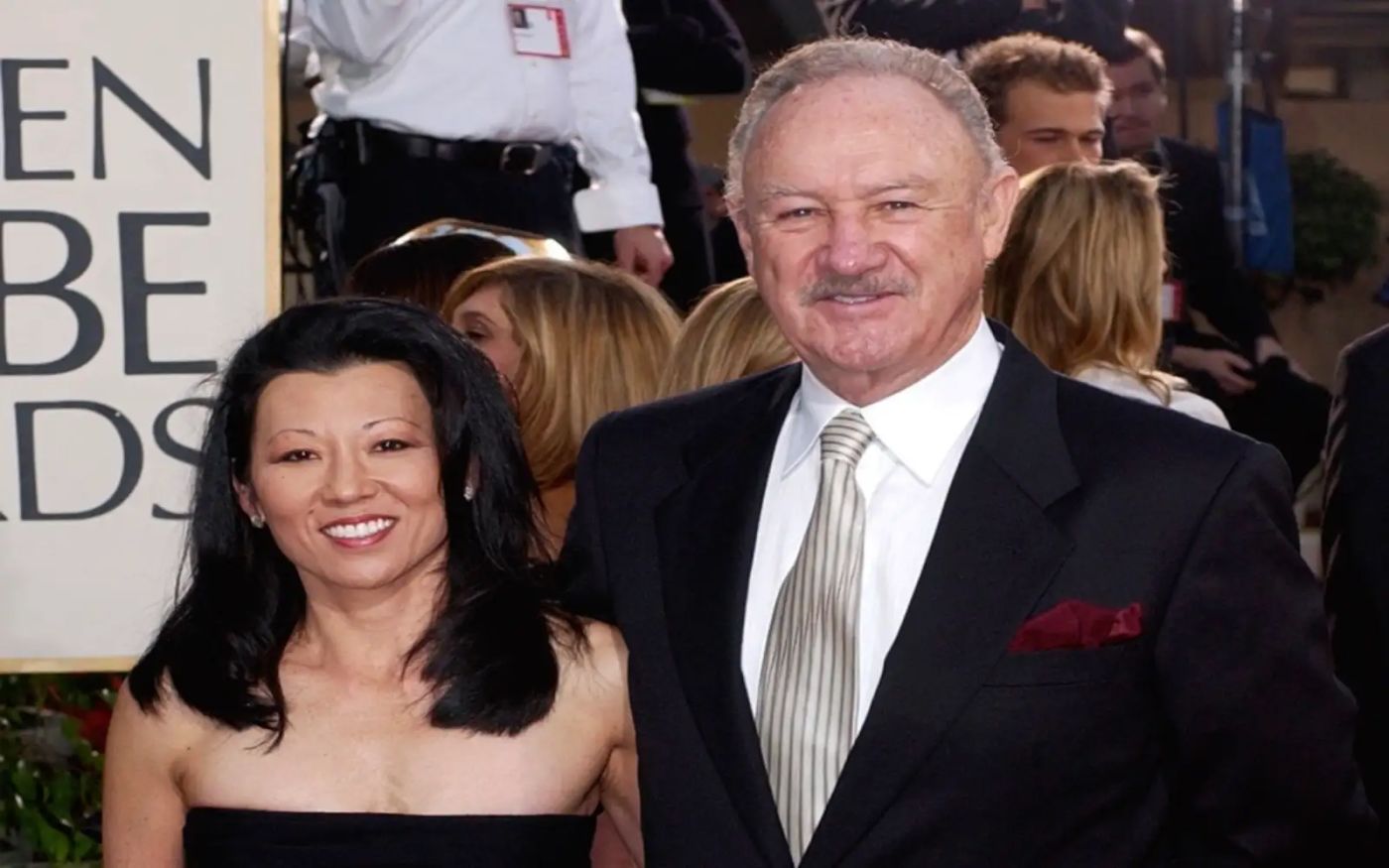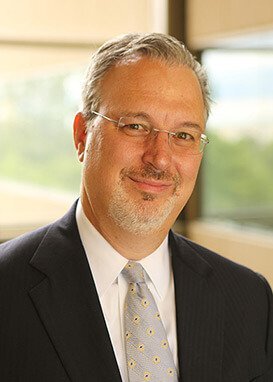
What's Going on with Gene Hackman's Estate
The recent passing of legendary actor Gene Hackman has revealed a complicated estate situation that serves as a powerful warning for everyone - married couples especially - regardless of your net worth.
Whether you have significant assets or just want to ensure your wishes are honored, getting your estate plan done right is important. A sound estate plan doesn't leave a mess of loop holes for your creditors and pain for your loved ones. Unfortunately, many estate plans created without proper oversight and are ticking time bombs. They blow up when it's late and can cost your loved ones tens of thousands of dollars, or more.
In this article, we will explore:
Lessons learned from the Hackman family estate plan,
The importance of having a well-structured Legacy Plan,
The risks of outdated documents, and,
Key strategies to prevent inheritance disputes.
Let's first explore what’s happened.
What Happened to Gene Hackman's Estate
Gene Hackman, the two-time Academy Award winner known for The French Connection and Unforgiven, and his wife Betsy Arakawa were recently found deceased in their Santa Fe, New Mexico home. Court documents reportedly reveal that Arakawa, 65, died on February 11 from Hantavirus pulmonary syndrome, a rare disease contracted through contact with mouse droppings. Hackman, who was 95, died a week later from natural causes related to heart disease and complications from Alzheimer's disease.
The couple's wills, both dated from 2005, show they each intended to leave their estates to one another. Hackman's will named Arakawa as the personal representative of his estate. She was also listed as successor trustee of the Gene Hackman Living Trust, effectively set to inherit his "entire estate". Similarly, Arakawa's will specified that her estate would go to the trustee of Hackman's trust if he outlived her.
Unlike many other couples, the Hackmans had a contingency plan in place if they died together or close together. The first successor named in the wills, attorney Michael G. Sutin, is also deceased. Julia L. Peters was named as the second successor personal representative in Hackman's will. So, she has taken over the duties of managing both estates. Court documents show that Peters, who works for a trust company, was appointed as the personal representative for both estates in March 2025. Peters has filed appropriate paperwork to start the probate process for Hackman's estate.
The Simultaneous Death Problem Most Couples Ignore
Most married couples do what Hackman and Arakawa did—they name each other as the primary beneficiary on everything. This includes wills, trusts, life insurance policies, retirement accounts, and more. But what most couples don't do is plan for what happens if you and your spouse die together or a short time apart. Chaos, delays, and assets potentially going to unintended beneficiaries can result. Not to mention, your loved ones will almost certainly have to go to probate court, which is set up for conflict and can be very expensive. The best practice is to name backups, or contingent, beneficiaries so that your plan works no matter what happens.
Arakawa seemed to have considered this possibility in her own estate planning. Reports indicate her will contained a provision that if she and Hackman died within 90 days of each other, her assets would go to a charitable trust. She had no children of her own.
Blended Family Considerations for Estate Planning
If you have a blended family, things can get complicated. With Arakawa and Hackman dying within days of each other, it may be difficult to sort out who the beneficiaries are. His plan says she receives his assets, and her plan says he receives her assets. This creates a loop that needs to be sorted out. If Arakawa’s assets go to a charitable trust instead of to Hackman’s estate, Hackman’s kids may receive nothing from her estate.
Hackman's will acknowledges his three adult children from his previous marriage to Faye Maltese. These children are Christopher Hackman, Elizabeth Hackman, and Leslie Allen. Court records show that notices regarding Peters's appointment as personal representative were sent to all three children in March 2025.
The publicly available documents don't reveal how Hackman's assets will ultimately be distributed among beneficiaries. But, Peters noted in court filings that after specific bequests to "identified beneficiaries," the remainder of Hackman's trust will be "distributed in accordance with the desires of Gene Hackman as expressed in the trust document." The trust documents themselves have not been made public. Most trusts documents are never made public, and don't need to be. The assets in those trusts don't need to go through probate court. Many of our clients choose to create trusts for this reason: privacy.
The Legacy Planning Difference
The Hackman case demonstrates several important estate planning principles that anyone, regardless of net worth, can learn from. As a Personal Family Lawyer® firm, we create plans for clients using the Life & Legacy Planning® process, which means your plan works when you and your loved ones need it to. All our Life & Legacy plans are comprehensive and customized to fit your family dynamics, assets, and wishes.
These are just a few of the strategies we can use that may make sense for you:
1. Name Contingent Beneficiaries for Everything
For every asset and in every document, we’ll name not just primary beneficiaries but also contingent beneficiaries. This includes your will, trust, life insurance, retirement accounts, and any other assets with beneficiary designations. When you work with us, we start by inventorying all your assets so nothing gets missed.
2. Include Simultaneous Death Provisions
If you’re married, we’ll include provisions in your will and trust that specifically address what happens if you and your spouse die simultaneously or within a short time of each other. We’ll also address what happens if any beneficiary you’ve named dies before you.
3. Create a Revocable Living Trust
A properly structured revocable living trust can provide more precise instructions for various scenarios and is often more flexible than wills are. Trusts also offer privacy, can save money on taxes, and can bypass the probate process, keeping your loved ones out of conflict and saving them time and money.
4. Include Special Provisions for Blended Families
If yours is a blended family, we will include customized strategies so your children are never accidentally disinherited.
5. Review and Update Regularly
Hackman's will was reportedly last updated nearly 20 years before his death. This is a dangerously long period that would put anyone’s estate plan at risk.
If you want to ensure your plan works, it must reflect your life as closely as possible when something happens to you,. Thus, it’s imperative that your plan is reviewed at least every 5 years and after any major life event. If there is a death, marriage, divorce, or birth in the family, it might be time to review your estate plan. Even if you haven’t had a significant life change, your assets may change, for example you inherit a significant sum, or the law could change. Any of these scenarios could put your plan at risk of failing.
We will remind you to review your plan at least every 5 years. It’s built into our system for every client. This is how we catch vulnerabilities in your plan before they become problems for your loved ones.
Your Next Step: Trusted Estate Planning Attorneys in Dublin, OH
As the Hackman case illustrates, effective estate planning isn't just about creating documents. It's about creating a comprehensive plan that anticipates any scenario, stays updated over time, and protects all the people you care about.
Our Life & Legacy plans work when you need them to.. In your first meeting with the attorney, we'll discuss not just who gets what but what happens in complex situations (like simultaneous deaths, incapacity, or beneficiaries who predecease you). We’ll also discuss what will work for your unique family situation. If you're part of a blended family, have children with special needs, or face other unique circumstances, we've got you covered.
Don't leave your legacy to chance or create accidental disinheritances through incomplete planning. Together, we can create a plan that truly protects you and everyone you love most.
Reach out to our office at 614-389-9711 to schedule an appointment.
The content is sourced from Personal Family Lawyer® for use by Personal Family Lawyer® firms, a source believed to be providing accurate information. This material was created for educational and informational purposes only and is not intended as tax, legal, or investment advice.
 Estate Planning Attorney, Gregory S. DuPont, JD, CFP
Estate Planning Attorney, Gregory S. DuPont, JD, CFP
After I graduated from law school in 1992, I focused on estate planning and probate. As a former accounting major, the detailed financial component was a perfect fit. Beyond that, I was able to counsel my clients, help solve their problems, and serve their needs — everything I originally set out to do. It wasn’t until years later that I realized I could do more, provide more, and be more for my clients.
Back in my early years, I was working on a case that involved a trust dispute. While representing the family in a deposition it struck me that the family was ultimately burning through at least $1,500 an hour paying for all of the counsel in the room. I realized that the entire situation could’ve been prevented with proper planning, if the family just had an advisor they trusted. Although my team and I were meeting a need by helping them settle their conflict, we weren’t addressing the real issue, which was how the problem arose in the first place. I didn’t want to simply capitalize on unfortunate situations — I wanted to safeguard them from happening in the first place. So, I made a change.
I took a few years off from growing my law practice to become a Certified Financial Planner (CFP). My hope was that a broader understanding of the financial services industry and the tools of financial planning would allow me to better guide the clients at my own law firm. Thus, after gaining what I considered to be sufficient experience in the world of finance, I ultimately began to merge my financial planning, tax planning and legal practices together. Sometime later, after over 30 years in the legal industry, I decided to open a coaching business, Wealth Solutions Network, and bring my multidisciplinary knowledge to attorneys across the country. Through this network, my ultimate goal is to save a million families from excess taxation and risk before I turn 65.
I've had the pleasure of educating consumers, attorneys and financial advisors alike through regular speaking engagements and authoring multiple books.
I center my multiple businesses around education, guidance, and relationship-building. This comprehensive combination gives me the opportunity to more effectively serve both individuals and their families.
Today, my clients can give me a call and ask questions without worrying about the hourly billable factor. I describe myself as “a friend in the law". I find that this friendly approach benefits myself and my clients alike.
Outside of the office, you’ll hardly ever see me without my wife or daughter, and that’s perfectly okay with me. My clients and my family are all I need.
